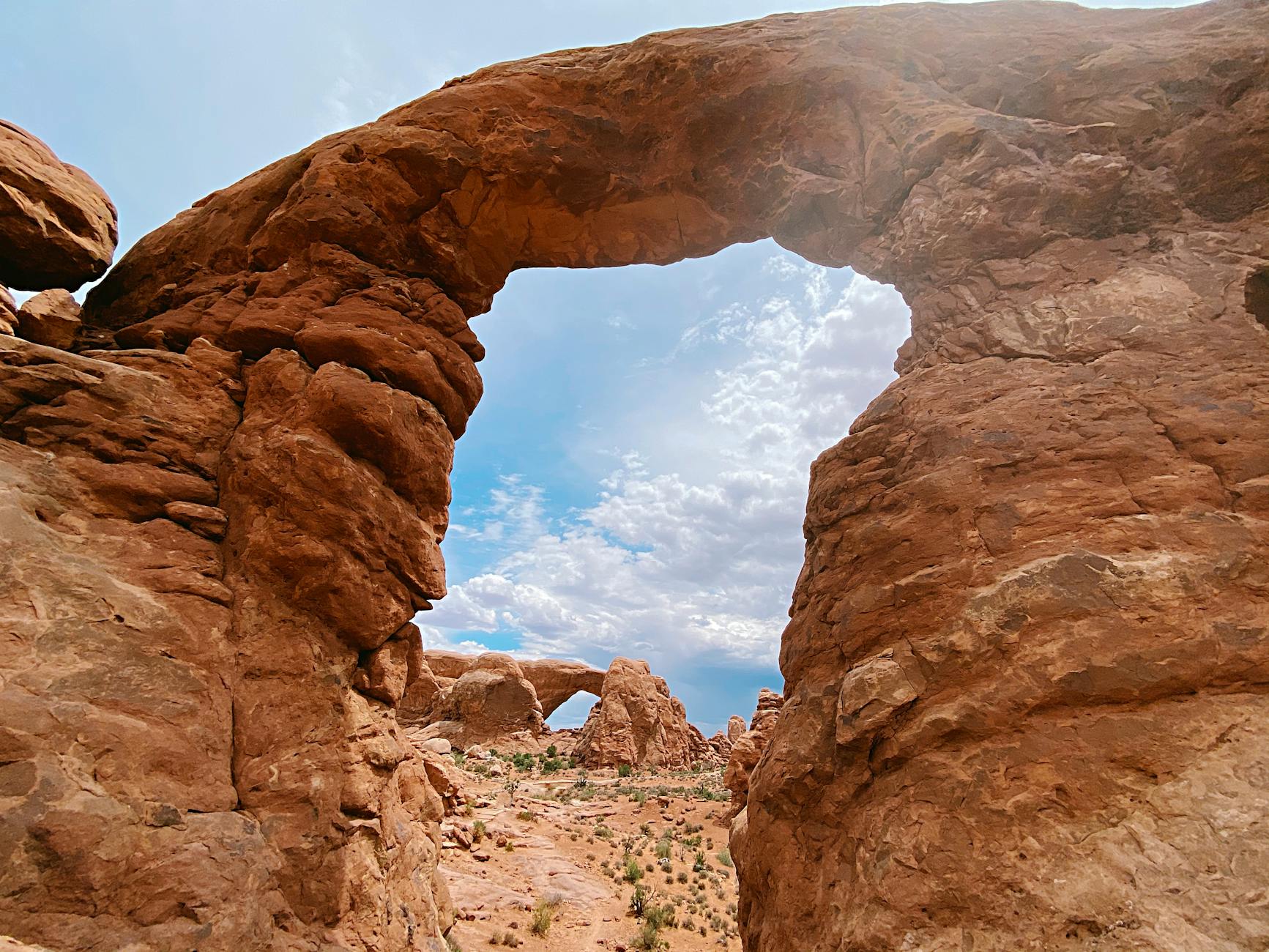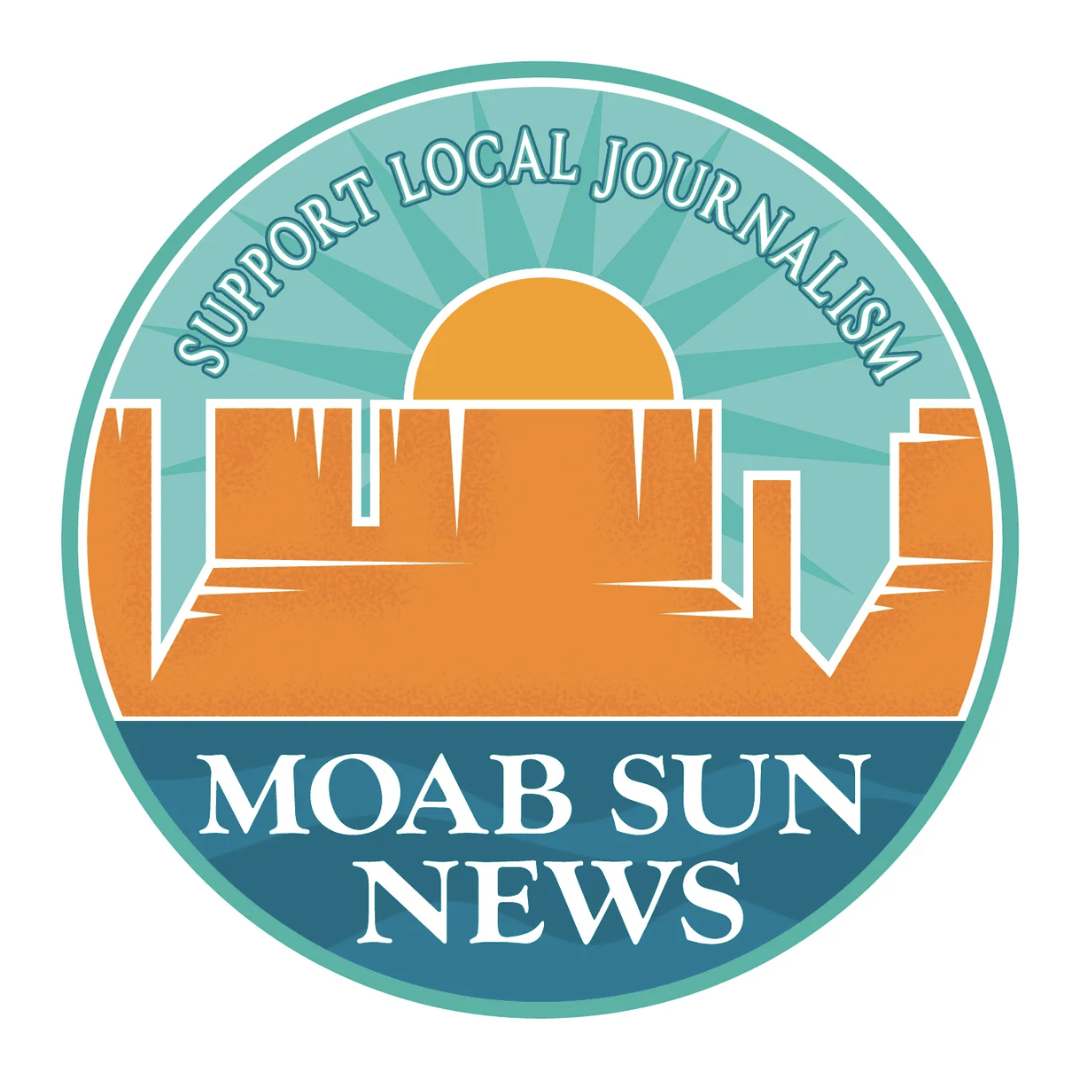Amicable compromise continues to elude local community leaders and ATV business owners as they attempt to address noise complaints from residents; protect the rights of residents, local governments and businesses; and make the most of Moab’s booming tourist economy. Legal claims filed on behalf of 13 local ATV businesses and an ATV advocacy group are asking for around $1 million in damages from Grand County and the City of Moab for harm caused by regulations passed by both entities in 2021. The claimants are bolstered by a bill that passed the state legislature in the last days of the 2022 general session which limits municipalities’ power to regulate businesses.
Both houses of the Utah legislature passed a last-minute substitute to House Bill 146 that limits a political subdivision’s power to regulate business licenses. The original bill pertained to food trucks; added language in the substitute bill specifically addresses all-terrain vehicle regulations. According to the bill, a municipality may not, as a condition of issuing a business license, require any additional inspection, registration, or identifying sticker or mark for a business’s ATV fleet; require any equipment modifications of street legal ATVs owned by a business; limit the amount of street-legal ATVs owned by a business; or enact or enforce any “unreasonable” noise ordinance on street-legal ATVs. The bill also prohibits the requirement of education or training beyond what is required by state law, and of the disclosure of financial or proprietary business information or inventory amounts.
The bill passed 55-18 in the House (with 2 absent) and 20-4 in the Senate (with 5 absent). All three of Grand County’s state representatives—Senator David Hinkins (R., District 27), Representative Christine Watkins (R., District 69) and Representative Carl Albrecht (R., District 70)—voted in favor of the bill.
As of Mar. 10, the bill has not been signed by Governor Spencer Cox.
Businesses claim damages
On Mar. 4, nonprofit advocacy group BlueRibbon Coalition issued a press release announcing that the organization, along with 13 Moab ATV businesses, have filed notices of claim to both Grand County and Moab City challenging both entities’ recent noise ordinances and regulations on ATV businesses. Damages to these businesses, the claim asserts, are in excess of $1 million.
The claims describe the 92 decibel limits in county and city code as unreasonable, and one refers to a spring 2021 letter from the BlueRibbon Coalition to Moab City suggesting a 96 decibel limit as more reasonable, as it would not prohibit the use of stock machines.
“Claimants have been forced to sell equipment, reduce inventory, cancel bookings, and spend countless hours preparing to “comply” with Moab City’s unlawful Ordinance. They have lost wages, bookings, revenue, sales, inventory, and employees as a result,” the claim against Moab says, with nearly identical language in the claim against Grand County.
The statement announcing the legal claims applauds the legislature for the passage of HB 146, which it says “provides an important check and balance to unreasonable local ordinances that were designed to harm ATV businesses in Moab and will provide immediate relief from some of the most oppressive elements of these ordinances.”
While the claimants look to HB 146 for some relief, they say they have already incurred damages under the ordinances. They also assert that they have already attempted to mitigate noise impacts through voluntary adjustments to their businesses.
“High Point is doing everything it can and will continue to make things quieter at an organic level,” Lori McFarland from High Point Hummer said in the press release. “We will continue to educate customers and make every effort to continue to keep things quieter. We live here, we want to coexist in peaceful communities.”
“We will continue to support our community through good business practices that enhance quality of life in Moab,” said Jennifer Johnson of Epic 4×4 Adventures. “We regret it has come to this, but many, many hours working with Grand County Commission and Moab City Council only resulted in passage of illegal and burdensome ordinances designed to ensure compliance is all but impossible.”
Moab and HB 146
While BlueRibbon and Moab ATV businesses may see HB 146 as supporting their claims, the substitute bill’s sponsor, Senator Curtis Bramble (R., District 16), said the bill was not intended to damage Moab’s noise ordinance. Moab City enacted its noise ordinance in the spring of 2021 limiting decibels on public roadways to 92 from 7 a.m. to 8 p.m., and to 85 from 8 p.m. to 7 a.m. for vehicles under 10,000 pounds, as measured by a standard stationary tailpipe test.
A statement from Moab City released on Mar. 2 said that while the city had questions about how HB 146 could affect its 2021 noise ordinance, the city lobbyist and acting city manager had been in conversation with Bramble.
“…he’s assured City representatives that his intention is not to undermine the City’s ability to take measures to try to reduce noise in our community,” says the Moab City statement.
During a Mar. 2 discussion in the Senate, Bramble said he coordinated with Moab officials on language in the substitute bill, using the word “unreasonable” to allow space for ordinances that are deemed reasonable. He reminded state lawmakers of the intense debate at last year’s general session, in which Moab and Grand County officials sought to create a path in state law through which local authorities in resort communities could impose a nighttime curfew on ATVs on municipal streets. That effort failed.
“After months of deliberation,” after that dead end, Bramble said, “Moab adopted an ordinance that puts what they believe is a reasonable noise restriction on a reasonable hours-during-the-day basis.” Bramble stated his belief that HB 146 would do no harm to that ordinance, though he went on to note that not everyone agrees that the ordinance is reasonable.
“Some believe that it should be challenged,” Bramble said. “There are those who believe that their noise ordinance may be unreasonable. Well, that’s a test for the courts. But we didn’t want to do damage to what they had done with their ordinance. We’ll let that play out independent of the issue of dealing with licensing.” Indeed, BlueRibbon and the 13 Moab ATV businesses filed their claim against Moab City the next day.
Rep. Kariane Lisonbee (R., District 14) sponsored the original bill in the State House. At the Mar. 3 House debate of the substitute bill including the ATV-specific language, she spoke in support and explicitly said the intention was to curtail regulation in southern Utah.
“This is consensus language that we worked with with the city of Moab, but it just is intended to stop some of the onerous behavior in southern Utah,” Lisonbee said.
A Mar. 9 statement from Moab clarified that while the city did not endorse HB 146 and in fact has concerns that the bill could “undermine the integrity of local control,” city officials do believe that the bill’s language leaves the city’s noise ordinance intact and enforceable.
City spokesperson Lisa Church said the city will not comment on pending litigation.
Grand County Title Five
In contrast to the city’s noise ordinance, which complies with the new bill as long as courts interpret it to be “reasonable,” several provisions of Grand County code are in direct violation of HB 146.
Title Five of Grand County code has been updated multiple times over the past year in policy makers’ attempt to effectively reduce traffic noise in residential areas. Title Five limits ATV fleets in the county to 18 vehicles for businesses that guide clients but do not rent vehicles, and limits rental fleets to the number held at the time the code was enacted (in the summer of 2021). Title Five also requires Grand County ATV businesses to disclose a detailed inventory of their fleets. ATVs are required to have stickers identifying the name and logo of the business that owns them, as well as a unique identifying number. Businesses are required to provide education to their clients on local ordinances and trail and street etiquette. Business owners have said these measures won’t reduce noise from ATVs, as the regulations don’t affect private ATV owners that businesses say are the worst noise offenders.
Title Five also refers to Title Eleven, which outlines a noise limit on ATVs. No ATVs in a business’s fleet may exceed a maximum sound pressure level of 92 decibels as measured by a stationary tailpipe test.
“The political subdivision cannot require extra education, extra auditing, extra vehicle inspection, [or] vehicle alterations,” said Lisonbee at the Mar. 3 House discussion, summarizing the provisions of the substitute bill. “There’s lots of things that are happening right now.”
Grand County Attorney Christina Sloan was emphatic in warning local leaders about the possible effects of HB 146 before it passed, and has described it as illegal and unconstitutional. However, in a Mar. 7 email to the Moab Sun News, she said the county has not yet determined its next steps. She said she’s been in conversation with Bramble and with local ATV business owners who are interested in working with the county on “more creative thinking about other solutions.”
Regarding the legal claims brought by BlueRibbon and local businesses, she said, “If the county does not respond, it is deemed a denial. The county has no liability for imposing the Title 5 regulations prior to HB 146 passing. And our noise ordinance is based on a year of process and data, is reasonable, and is legal under HB 146.”




